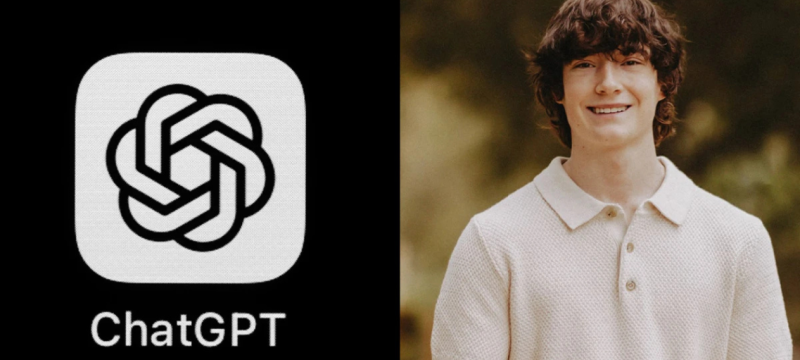OpenAI has stated it cannot be held responsible for a teen’s suicide, arguing the responsibility lies with the user. OpenAI Says It’s Not Liable in Teen Suicide Case, Blames User Instead, highlighting the growing legal complexities surrounding AI technologies.
The company made the statement in response to a lawsuit filed by the family of the teenager, who alleged that interactions with an AI chatbot contributed to the tragic incident. OpenAI emphasized that its AI systems are tools and do not replace human judgment or responsibility.
Legal experts say the case underscores the challenges AI developers face when users engage with their platforms in unexpected or harmful ways. OpenAI argued that it provides warnings and safety guidelines to prevent misuse. OpenAI Says It’s Not Liable in Teen Suicide Case, Blames User Instead, reinforcing the point that ultimate accountability rests with the person interacting with the AI.
The lawsuit has sparked debates about AI regulations, ethical responsibilities, and the potential risks of AI interactions for vulnerable individuals. Advocacy groups have called for stronger safety protocols and clearer guidance on responsible AI use.
OpenAI also noted that it actively works to improve AI safeguards, including monitoring tools, content filters, and educational resources. The company insists that blaming AI for human actions sets a troubling precedent.
As the case proceeds, courts will need to balance the legal responsibility of AI developers with user accountability. OpenAI Says It’s Not Liable in Teen Suicide Case, Blames User Instead, a statement likely to shape future discussions on AI liability and regulation.
The outcome of this case could have significant implications for AI companies worldwide, influencing how technology platforms handle safety, user interactions, and legal accountability.
Read More : OpenAI Launches Powerful New Voice Update for ChatGPT







